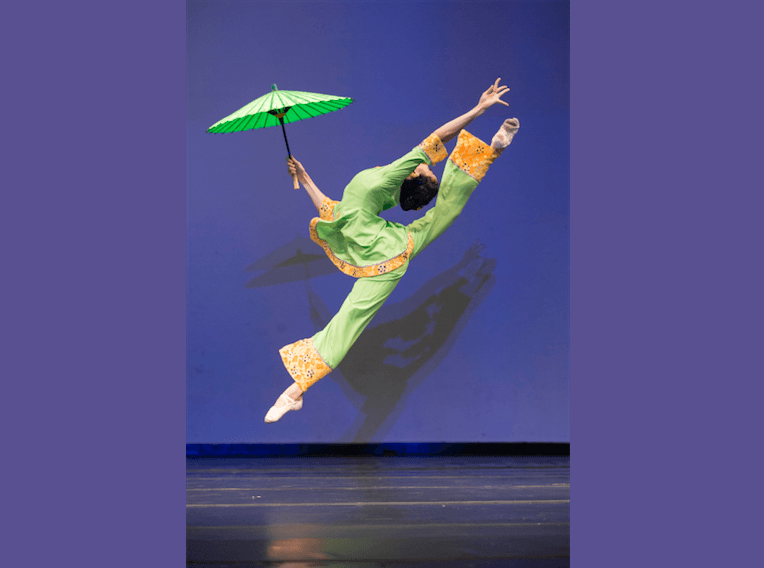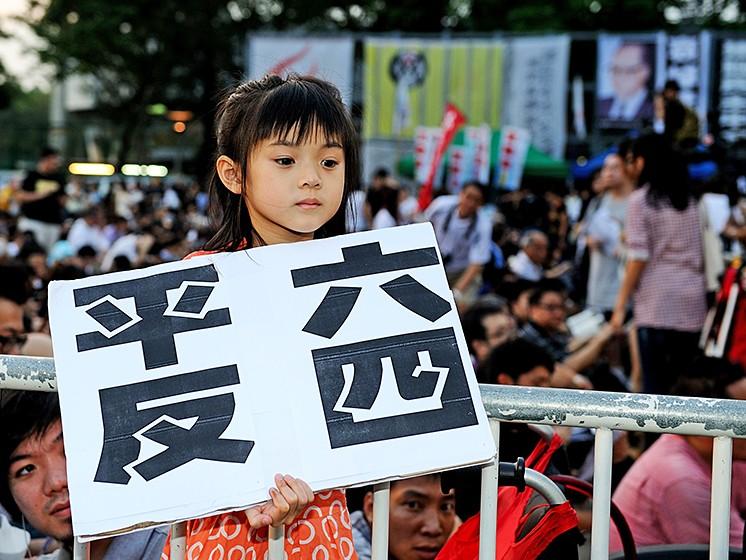People’s Daily, the Chinese Communist Party’s mouthpiece, published a commentary criticizing former Beijing mayor Guo Jinlong for the way he handled the public’s disbelief of the official death toll from a heavy storm last weekend.
Guo and a vice mayor of the city resigned on July 25. The commentary criticized Guo for “having made a mistake” in handling the aftermath of the storm.
“Actually, apart from ‘negative news,’ people are more interested in how the government handles the ‘negative news,’” the People’s Daily piece claimed. “During those days, Beijing’s Party leader emphasized ’reporting the deaths from the disaster to the public on time.' Only when a report is made on time, with high quality and quantity, will it lessen people’s sensitivity to the death toll. Then people will be able to learn from disaster like Friedrich Von Engels said.”
An official death toll of 37 was released less than 24 hours after the rainstorm. Many people in Beijing believe the number given is lower than the actual death toll to avoid harsh criticism of the city’s poorly maintained infrastructure, including an old drainage system that could have contributed to the heavy flooding. Guo demanded that the Beijing government investigate the official death toll the day before his resignation.






